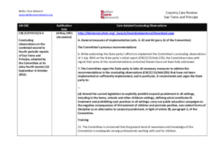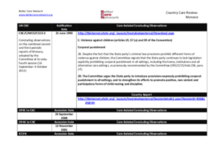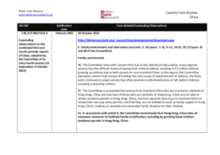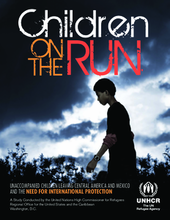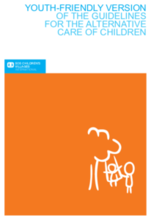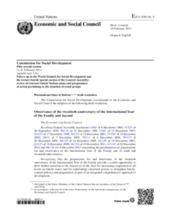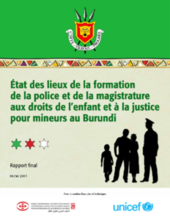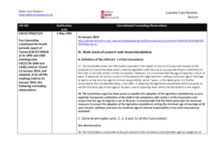Displaying 1151 - 1160 of 1796
This country care review includes the Concluding Observations for the Committee on the Rights of the Child adopted as part of its examination of Sao Tome's combined second to fourth periodic reports at the 64th Session of the Committee held between 16 September to 4 October 2013.
This country care review includes the Concluding Observations for the Committee on the Rights of the Child adopted as part of its examination of Monaco’s combined second and third periodic reports at the 64th Session of the Committee held between 16 September to 4 October 2013.
This country care review includes the Concluding Observations for the Committee on the Rights of the Child and the Committee on the Rights of Persons with Disabilites.
This report, issued by the United Nations High Commissioner for Refugees, examines the situation and needs of unaccompanied children who emigrate from Central America and Mexico to the United States, and offers recommendations based on those needs.
This online resource provides an overview of research, conducted by the European Union Agency for Fundamental Rights (FRA), on national child protection systems in the 28 European Union (EU) Member States.
This youth-friendly version of the Guidelines for the Alternative Care of Children is an interpretation from members of the I Matter International Youth Council.
The UN Commission for Social Development (CSocD) held its 52nd session in New York on the 11-21 February 2014. As part of its mandate, it held discussions in observance of the 20th Anniversary of the International Year of the Family and drafted a resolution to be adopted by the UN Economic and Social Council.
Ce rapport documente une initiative visant à assurer la sécurité et la justice au Burundi acteurs de la protection des enfants et la formation aux droits de l'enfant, dans le cadre d'un projet régional plus large.
This country care review includes the care related Concluding Observations adopted by the Committee on the Rights of the Child as part of its examination of the fourth periodic report of Yemen under the Convention on the Rights of the Child at its sixty-fifth Session (13 Jan 2014 - 31 Jan 2014).
This article reviews some of the language and conceptual issues that need to be addressed to be able to meaningfully compare differential usage of residential childcare services across national boundaries.

